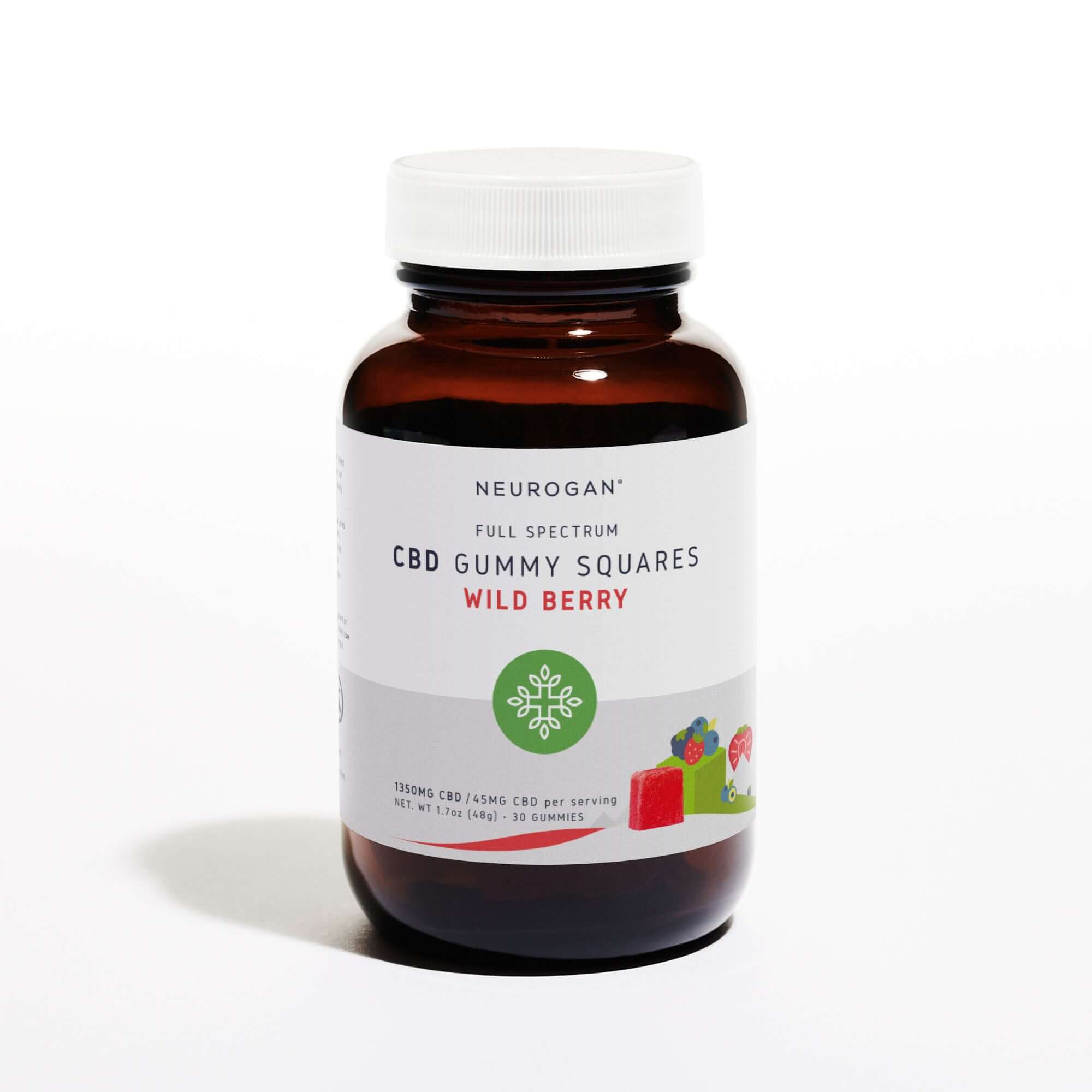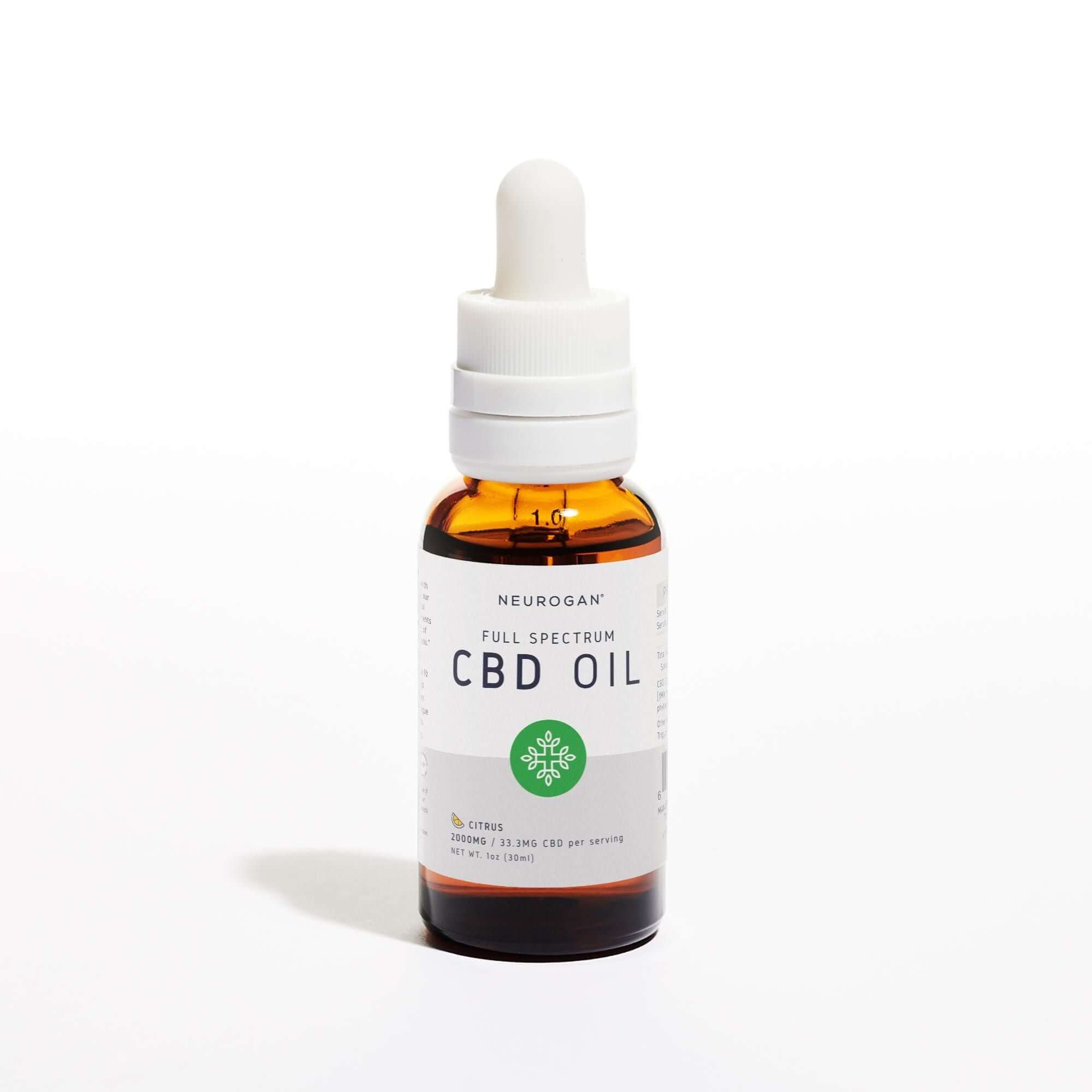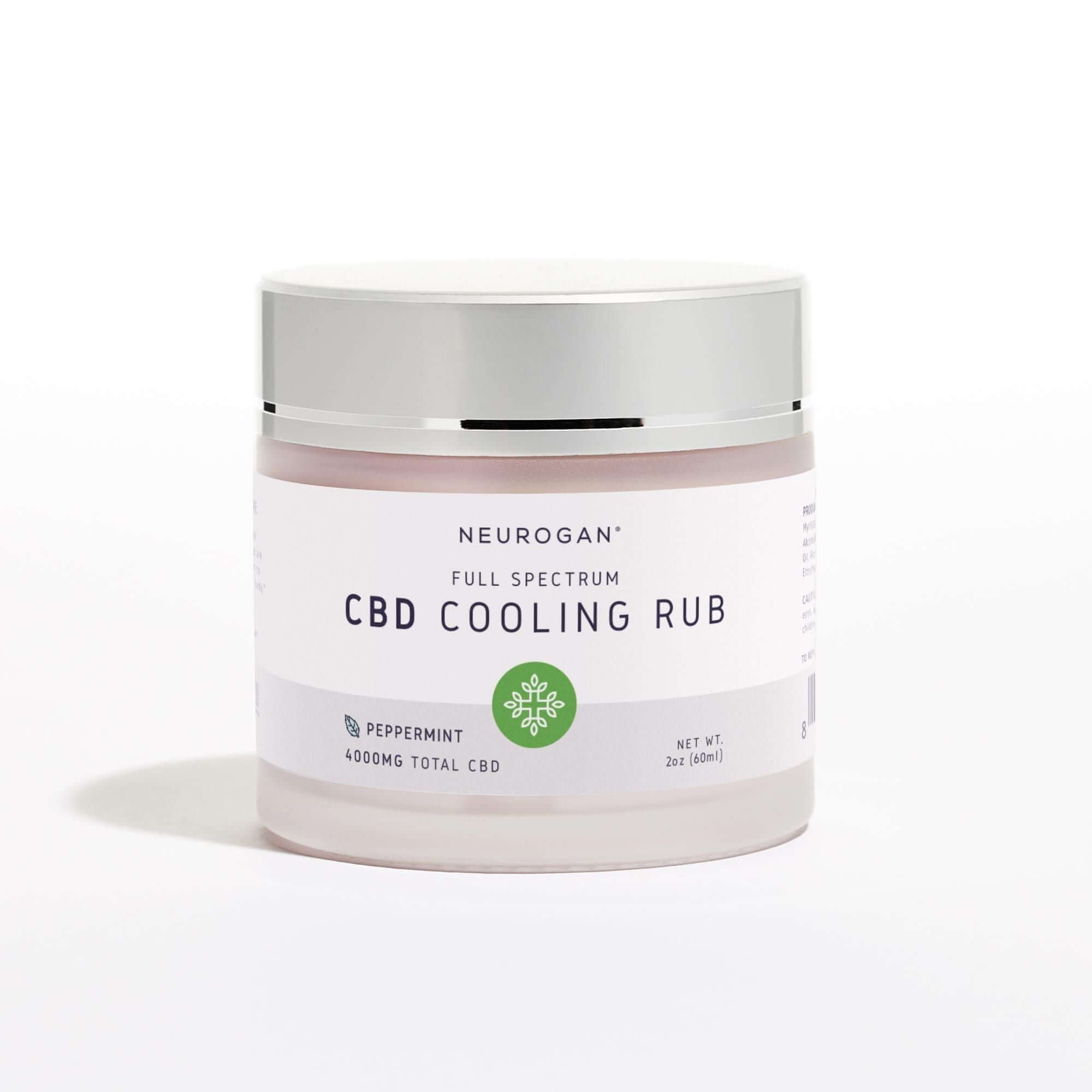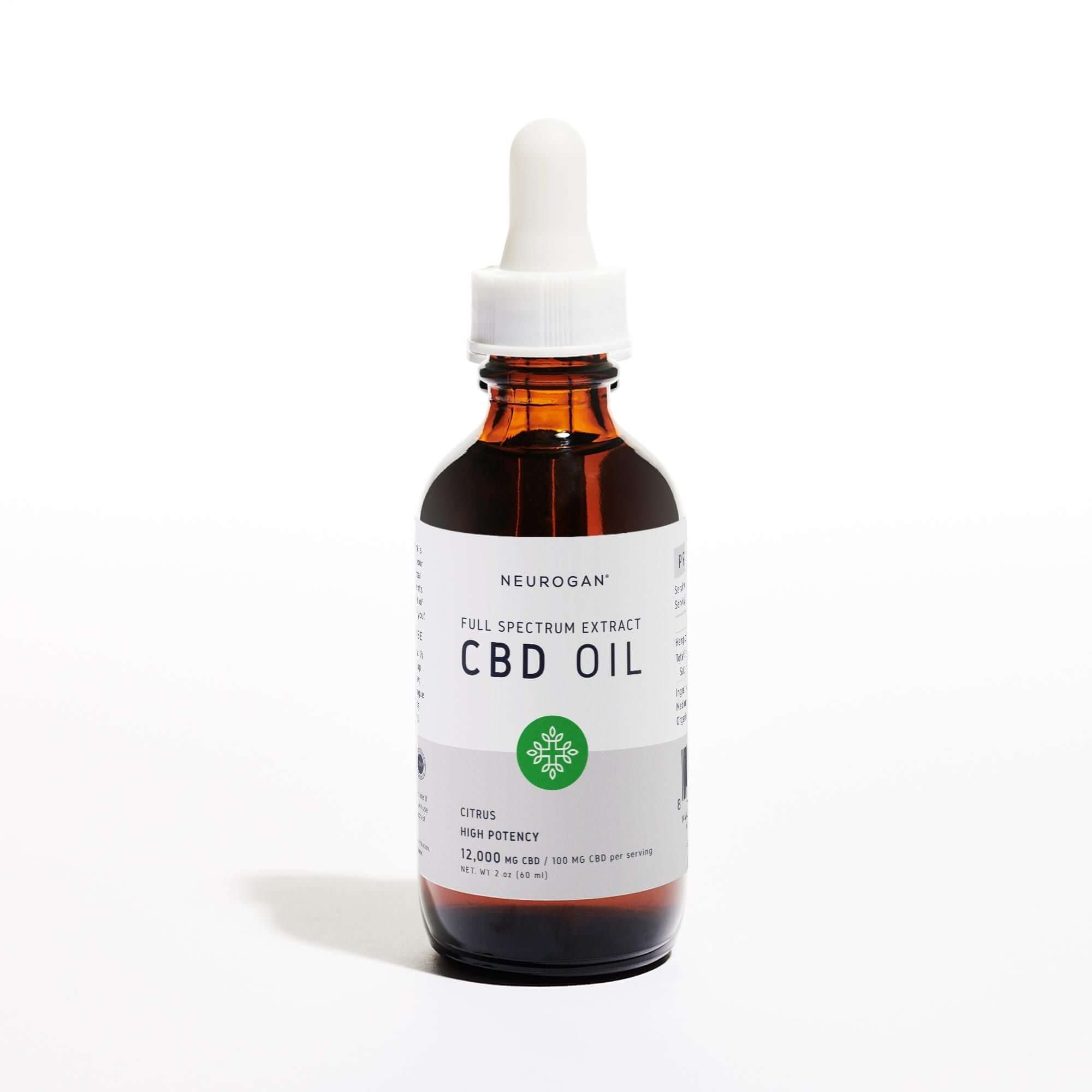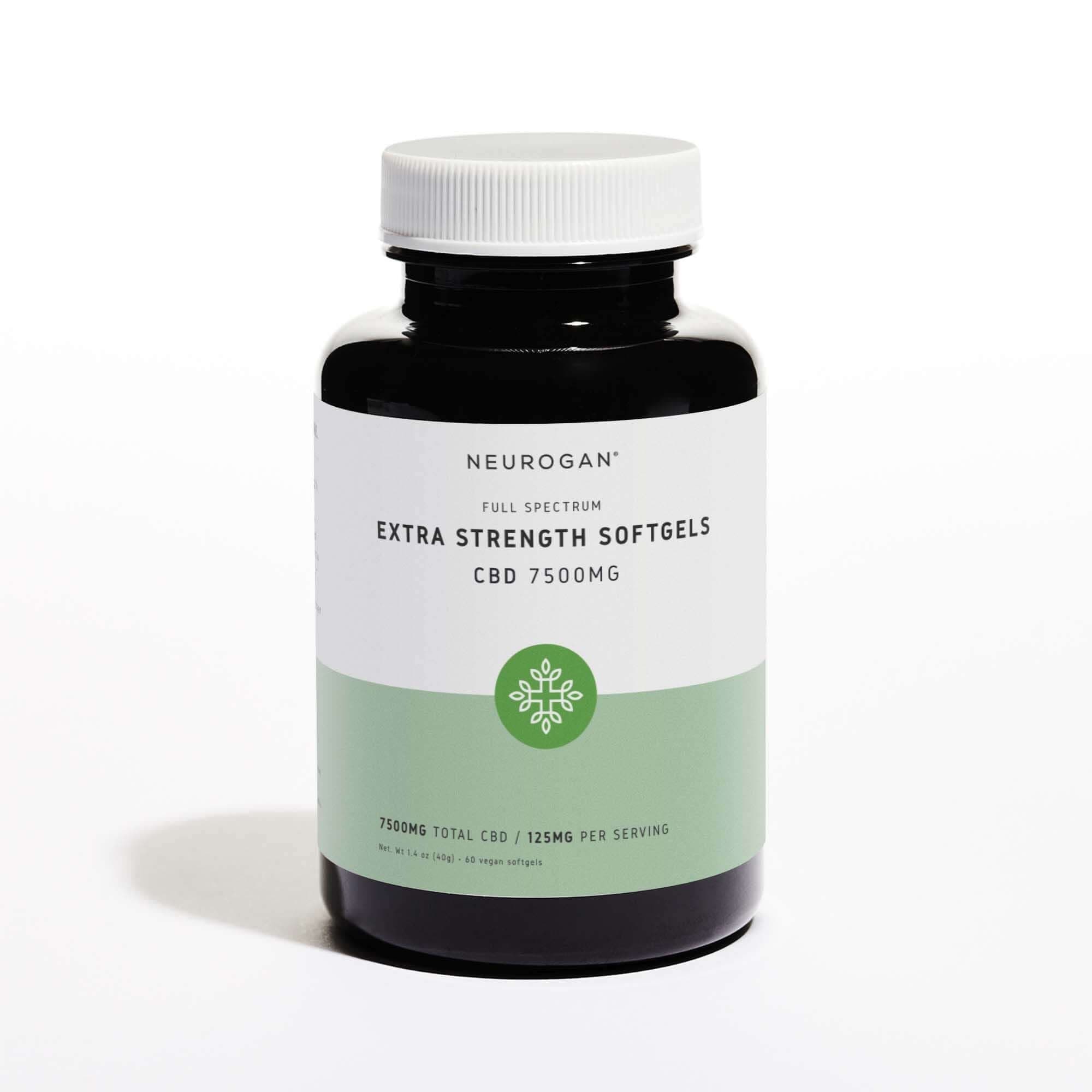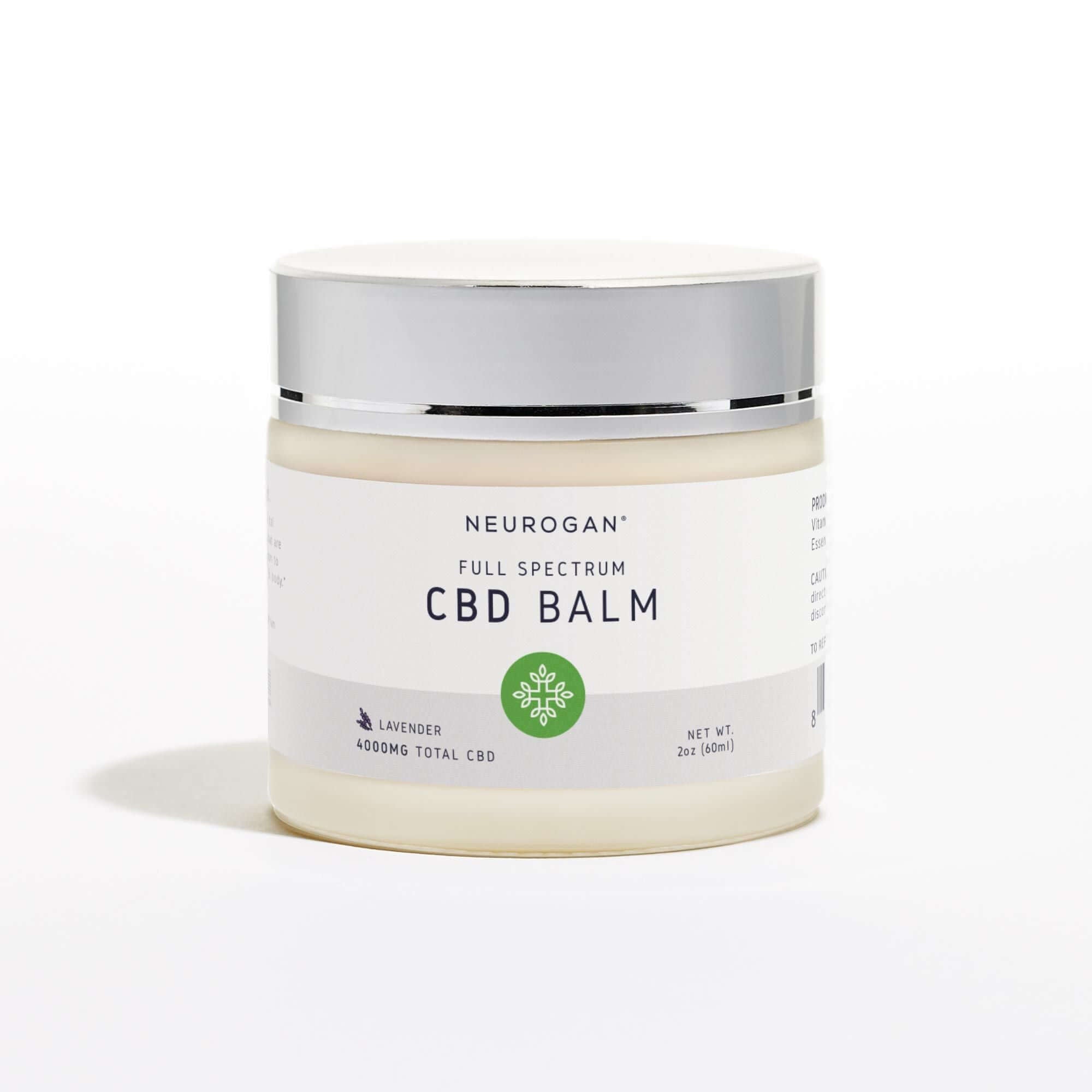CBD, or cannabidiol, took the wellness space by storm when hemp was legalized for production and sale with the 2018 Farm Bill; since then, you could find the naturally occurring compound in everything from capsules, oils, tea, and even edibles. However, not everyone wants to use cannabis-based compounds in their wellness routines.
There are other options for those looking to find a natural CBD oil alternative that offers the potential for mood support, restful sleep, relaxation, immune system support, and more.
In this guide, we'll walk you through some popular herbal compounds that offer similar benefits to CBD.
1. Palmitoylethanolamide (PEA)
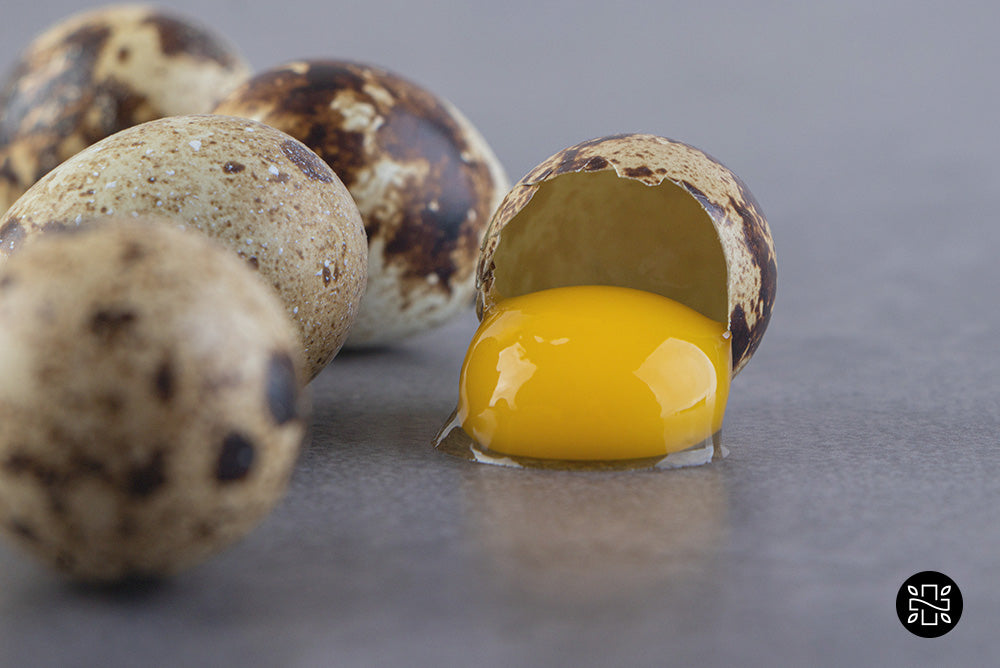
Palmitoylethanolamide is similar to CBD as it's a naturally occurring fatty acid amide, part of the endocannabinoid family, a group of fatty acid derivatives that interact with our body's endocannabinoid system (ECS).
PEA is produced in our bodies and can also be found in foods like egg yolks, peanuts, and soybeans.
While CBD works in the body by interacting with cannabinoid receptors more directly, PEA enhances the activity of natural cannabinoids in the body by inhibiting the breakdown of endogenous cannabinoids like anandamide, a "bliss molecule" in the endocannabinoid system.
Does PEA substitute CBD? Not exactly. However, PEA has been the research subject for its potential to support wellness, particularly in the realm of comfort and bodily ease. People often turn to PEA capsules as a supplement for its potential to support the body's natural responses to discomfort and stress. It's like having a soothing cup of tea after a long day — it's not a cure, but it might just make the day a bit better.
2. Kava
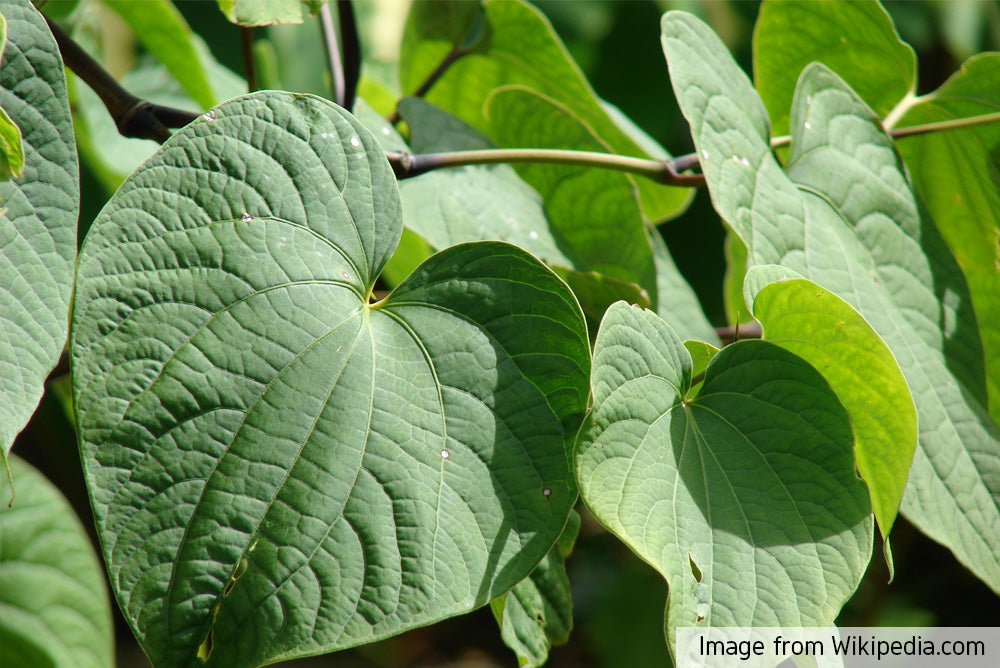
Kava is a root from the Piper methysticum plant, and it's traditionally ground into a fine powder and brewed as a tea in the Pacific Islands. It's a ceremonial drink with a rich history of use dating back centuries.
The key compound in kava is kavalactones. They’re not exactly a chemically similar alternative to CBD products but have a somewhat similar reputation for influencing the body's nervous system.
Kavalactones interact with the brain in ways that are believed to induce relaxation and a sense of calm.
People are drawn to kava for various reasons. Its ability to promote relaxation without impairing cognitive function makes it a popular choice for those seeking to unwind after a long day without the side effects associated with other relaxants. This has made kava bars popular, where people can gather to enjoy kava's calming effects in a social setting.
3. Kratom
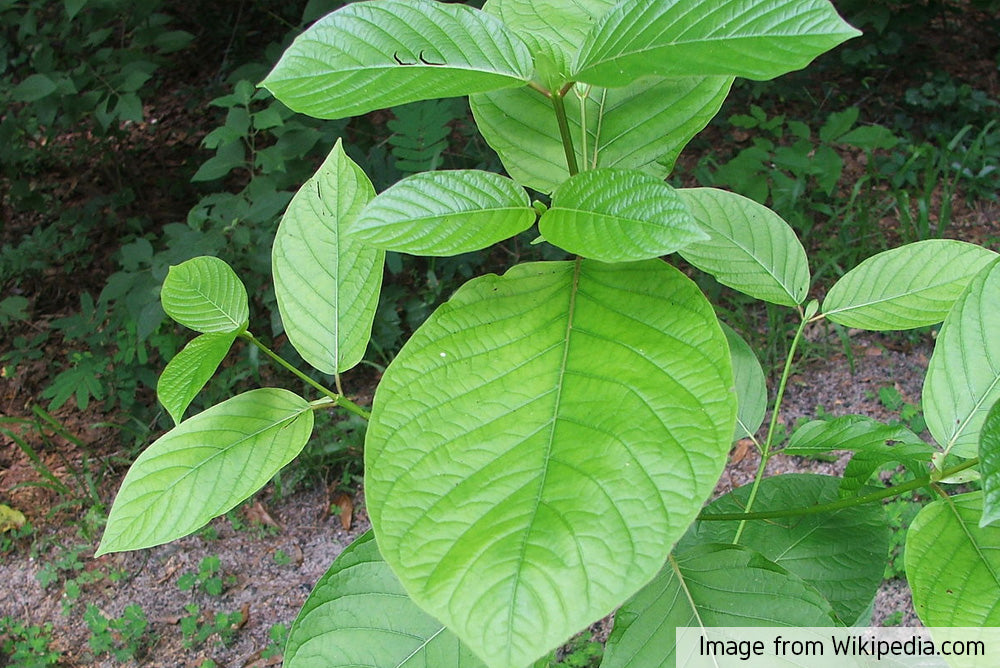
Kratom, scientifically known as Mitragyna speciosa, is a tropical tree native to Southeast Asia. The kratom tree leaves contain various compounds, most notably the alkaloids mitragynine and 7-hydroxy mitragynine. These compounds interact with the opioid receptors in the brain but in a manner that's distinct from conventional opioids.
The interaction of Kratom's alkaloids with the body's opioid receptors can result in varying effects depending on the dosage. At lower doses, Kratom is often reported to produce stimulating effects, potentially increasing energy and alertness, much like a strong cup of coffee.
Higher doses may have more sedating effects, providing a sense of relaxation and easing discomfort. This dual nature of Kratom is what makes it both appealing and controversial. Some use it as part of their pain management regime before using gummy pain relievers, while others seek its potential for relaxation or even as an aid for focus and energy.
Traditionally, Kratom leaves are chewed fresh or dried and brewed into a tea. In the modern context, Kratom is often found in powder form, made from dried leaves, and can be consumed in capsules or mixed into beverages.
4. Ashwagandha
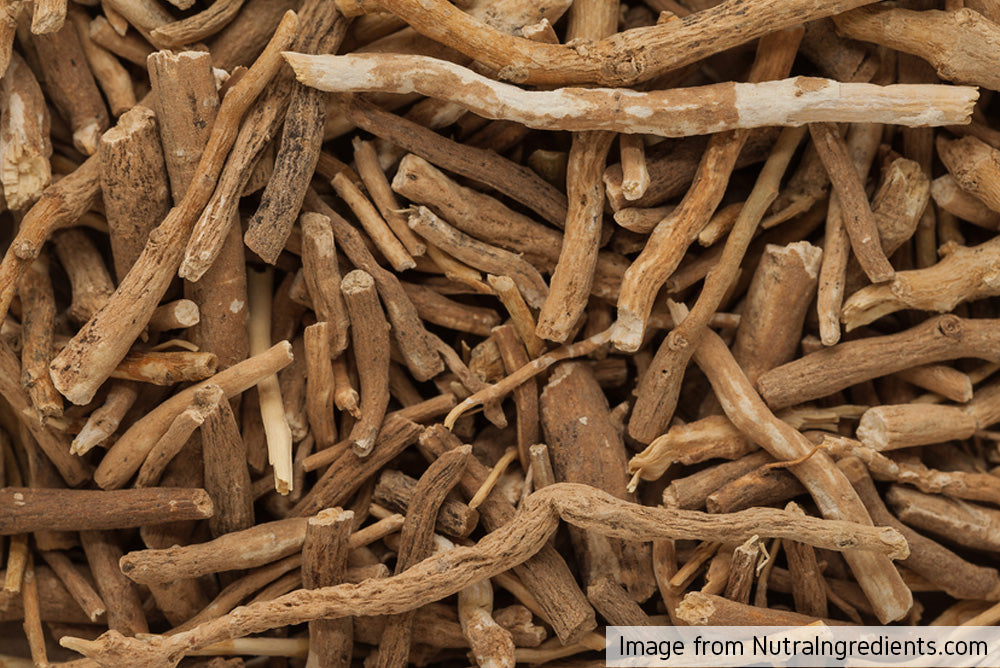
Withania somniferia, commonly known as ashwaganda, is an herb traditionally used in Ayurvedic medicine.
Its name, Sanskrit, for "smell of the horse," not only refers to its distinct aroma but also symbolizes its reputed ability to impart the strength and vigor of a stallion. Historically, it has been used to rejuvenate the body, as a health tonic, and to enhance longevity.
Ashwagandha is believed to exert its effects primarily by influencing the body's stress response systems.
It's thought to modulate the production and response of stress hormones, helping to bring the body back into balance during times of physical or mental stress. Unlike CBD, which interacts with the endocannabinoid system, ashwagandha works more on the hormonal axis, potentially aiding in regulating stress-associated processes.
Traditionally, ashwagandha root is ground into a powder and consumed mixed with water, ghee, or honey. Modern supplementation is available in various forms, including capsules, powders, and liquid extracts, allowing easy integration into daily routines. Some even use Ashwagandha powder for their healthy recipes.
5. Rhodiola Rosea
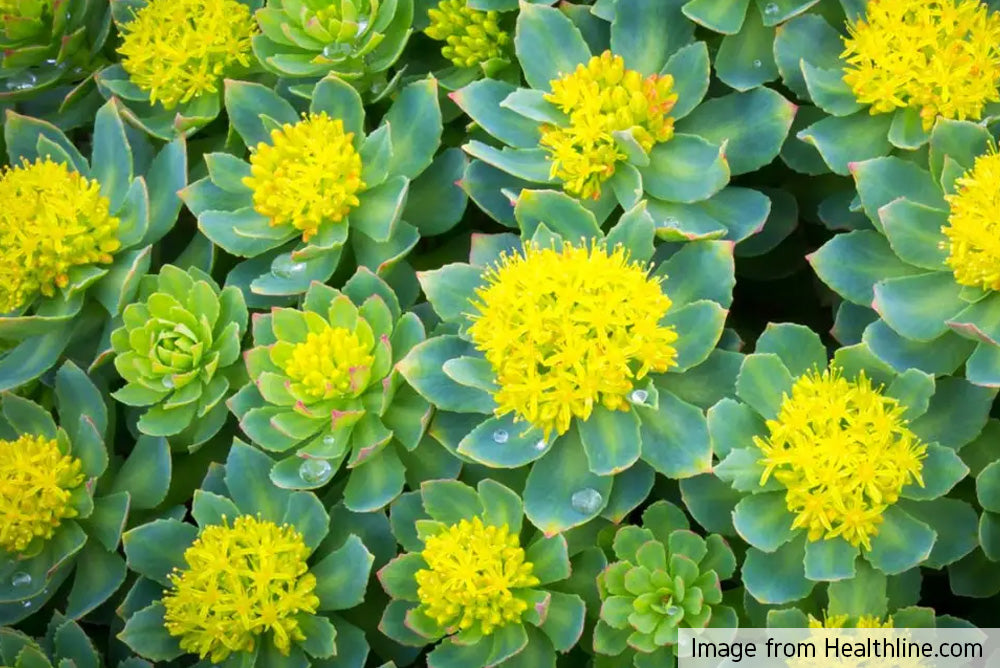
Rhodiola Rosea is a perennial flowering plant that grows in Europe and Asia's cold, mountainous regions. Its roots contain over 140 active ingredients, the most potent being rosavin and salidroside.
This herb has been used for centuries in traditional medicine systems, particularly in Russia and Scandinavian countries, to enhance physical and mental endurance, reduce fatigue, and manage stress.
Rhodiola Rosea is classified as an adaptogen, which means it helps the body adapt to and resist physical, chemical, and environmental stress. This herb influences key brain chemicals, like serotonin and dopamine, which affect mood regulation.
It also affects the body's stress-response system, helping to manage the release of stress hormones like cortisol. This makes it somewhat similar to ashwagandha but with its distinct profile of active compounds.
Traditionally, Rhodiola Rosea was used by Vikings to enhance physical strength and endurance. In various parts of Europe and Asia, it was used to treat fatigue, depression, and anxiety. Today, its appeal in the wellness community stems from its potential as a natural aid for enhancing mental clarity, reducing fatigue, and supporting emotional well-being.
THC-Free CBD
One of the primary motivations for individuals seeking alternatives to traditional CBD products is the desire to sidestep THC — the primary psychoactive constituent in cannabis. This consideration is particularly relevant for those who wish to enjoy the benefits of CBD without the psychoactive effects associated with THC.
Fortunately, the market offers THC-free CBD options, catering to this specific need.
CBD Isolate
CBD Isolate is a type of CBD that is essentially CBD in its purest form. It's like getting a solo performance from your favorite artist — no band, no background singers, just pure CBD.
Pros of CBD Isolate:
- Purity: With over 99% CBD, isolates are the purest form of CBD available.
- No THC: There's no risk of psychoactive effects or failing a drug test due to THC.
- Taste and Odor: Isolates are typically tasteless and odorless, making them versatile for use in various forms like oils, edibles, or topical applications.
Cons of CBD Isolate:
- Lacks Entourage Effect: Isolates do not provide the "entourage effect," where other cannabinoids and terpenes work together to enhance the overall effect.
- Limited Effectiveness: Some studies suggest isolates are less effective for certain uses than full-spectrum products.
Broad Spectrum Extract
Broad spectrum CBD contains a variety of components from the cannabis plant but excludes THC. This makes it a balanced option, situated between full-spectrum CBD, which includes all cannabinoids such as THC and CBD isolate ( pure CBD without any other cannabis plant compounds).
Why Broad-Spectrum Extract is Preferred:
- Entourage Effect Without THC: Broad-spectrum CBD offers the entourage effect, including other cannabinoids and terpenes, but without the THC.
- Less Risk of Psychoactive Effects: Ideal for those who want the full benefits of the cannabis plant without any psychoactive effects.
- Wider Range of Benefits: The presence of additional cannabis plant compounds can offer a broader range of potential benefits of CBD than isolates.
CBD Oil Alternative
If you're inclined towards oil-based supplements but are exploring alternatives to CBD oil, consider these two options.
- Krill Oil is known for its high omega-3 content and antioxidants. Like fish oil but often considered more sustainable, krill oil can support overall wellness, including heart and joint health.
- Ashwagandha oil can be a good choice for those seeking adaptogenic effects similar to CBD. It's believed to help in managing stress and enhancing overall vitality. This oil combines the adaptogenic properties of ashwagandha with a convenient oil format, suitable for those who prefer oil-based supplements.
The Takeaway: CBD Alternatives
Exploring alternatives to CBD offers a world of possibilities for those seeking to enhance their wellness journey. From the adaptogenic wonders of ashwagandha and rhodiola rosea to the unique properties of kratom, kava, and THC-free CBD options like isolates and broad spectrum extracts, each alternative brings its own set of benefits and characteristics.
Whether you prefer oil-based supplements or are curious about the various herbal options available, there are many choices to suit different needs and preferences.









